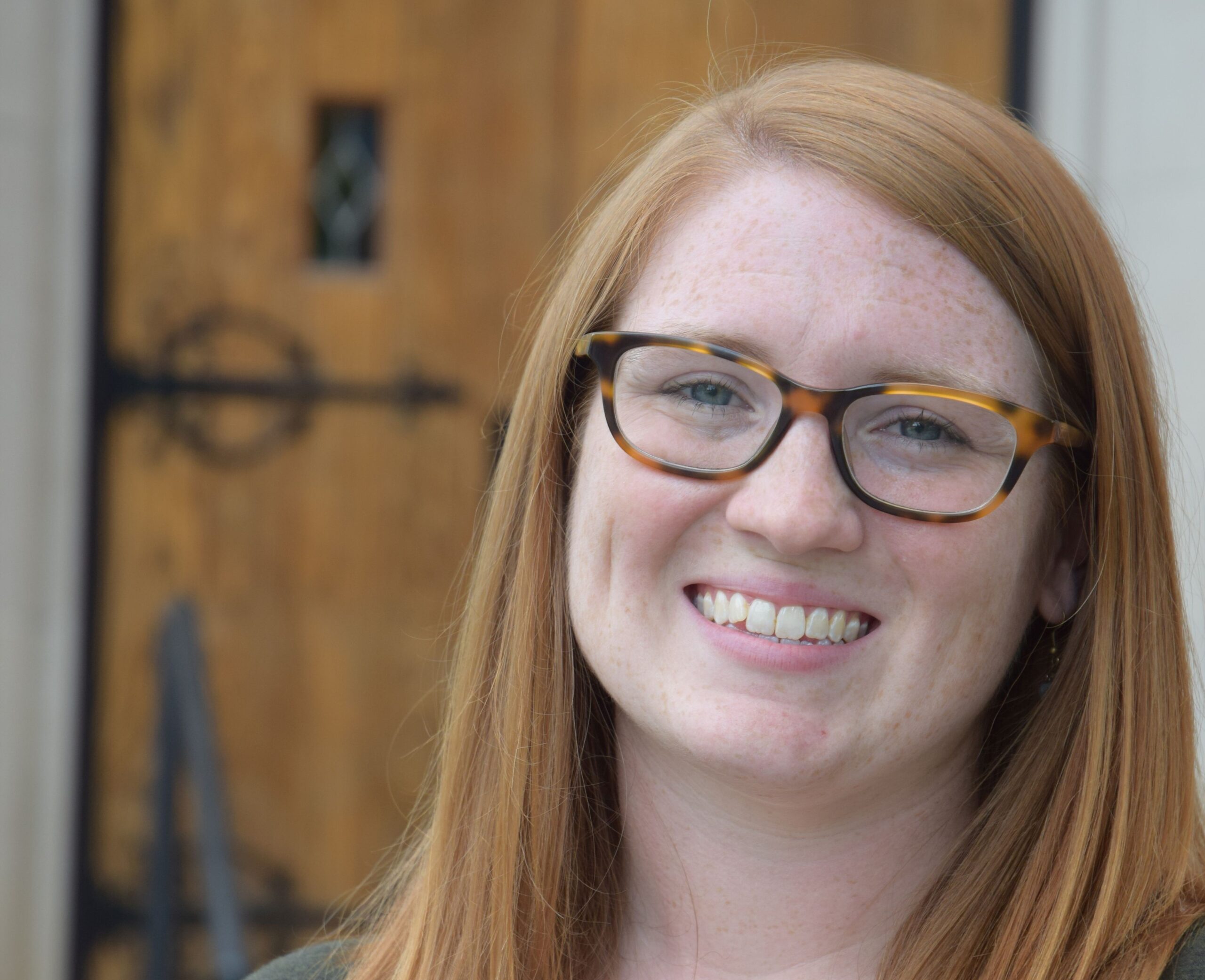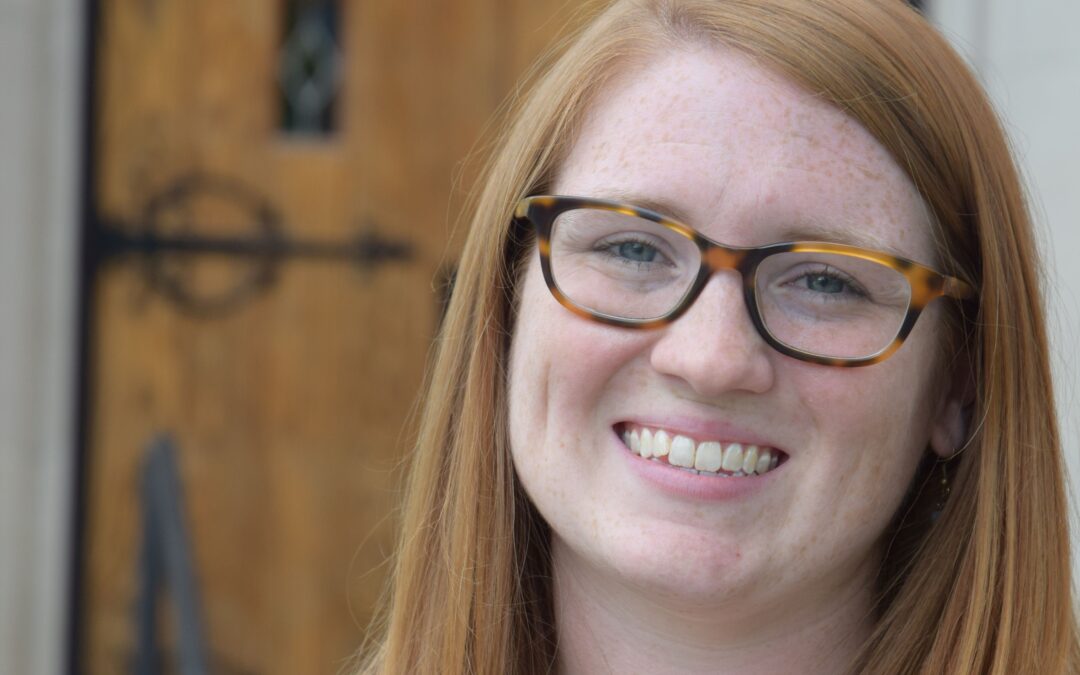
Follow Me: “Share Resources”
World Communion Sunday
Rev. Emily Wilmesherr
Decatur Presbyterian Church
October 2, 2022
During the pandemic, a mom with 2 children struggling to find a job to support her family and pay off her medical bills, received a letter in the mail that read, “St. Bede’s Episcopal Church has paid off the medical debt you have been struggling with for the past number of years. No strings attached.” True story. There is a non-profit called RIP Medical Debt that works with individuals and other organizations, including churches, to abolish medical debt for families and individuals. This was started in 2014 by two former debt collections executives who talked with thousands of people throughout their decades of work, who were saddled with unpaid or unpayable medical debt when they realized they were in a unique situation to help.
“They imagined a new way to relieve medical debt: by using donations to buy large bundles of debt
that are erased with no tax consequences to donors or recipients.”1 They imagined a new way. Abraham Maslow proposed that human needs can be organized into a hierarchy. This hierarchy ranges from more concrete needs such as food and water to abstract concepts such as selffulfillment.
According to Maslow, when a lower need is met, the next need on the hierarchy becomes our focus of attention. While he constructed his thoughts in a hierarchy, he did say that not all needs have to be met in a tier in order to move up. Going back to the story of the mom, paying off her debt did not solve all her problems, but it removed a barrier. Now she is able to focus on other needs.
Today we begin a new sermon series on Practicing Generosity. Generosity defined in the English dictionary is to give in abundance. In scripture we see that generosity is described as a practice rooted in justice and welfare for all our neighbors. Churches are known throughout centuries as working for justice and to meet the basic needs of others. We see in Acts that the early church shared their resources freely with one another. Many Christians have started hospitals, food pantries, shelters, and schools to provide for people’s physical and material needs.
At this time this parable was told, Jews and Samaritans had a deep hatred for one another that had been going on for years. For example, Jews would take the longer route to the destination in order to avoid going through Samaria. They wanted to avoid one another at all costs. To bring it into a modern context, imagine you are the injured person in the ditch, is there an individual or group of people whom you would rather die than acknowledge they helped you and showed you compassion? If so, this is the modern equivalent of the Samaritan. Jesus’ choice of characters in this parable was helping the listeners to imagine a new way of sharing generosity that included all people.
The lawyer is trying to get Jesus to set a limitation on who our neighbors are and therefore who we should help. The lawyer wants to define who deserves his love, but Jesus’ parable suggests that love seeks out neighbors to receive compassion and care, even when established boundaries or prejudices conspire against it. Jesus does a pretty amazing job to break down any preconceived notions about who the hero of the story would be. Those whom one might expect to help do not and the unlikely one to help is the one who acted with an abundance of generosity.
In a shocking twist to those listening at the time, the Samaritan was the positive example. I don’t think he set out to be the hero that day. His compassion for others was a part of who he was. He saw someone in need and used what he had to care for him. He cleans up the man’s wounds, bandages him up, puts the man on his donkey, and takes him to an inn where he can rest and recover. His exemplary deeds, born from compassion, demonstrate the lengths to which love goes. Authentic love does not discriminate, it creates neighborly relationships, because by its nature it meets the needs of others.
The religious leaders might have been upholding purity laws but their choice to do that kept them from seeing someone in need. Jesus’ listeners probably didn’t bat an eye at their choice, this made sense to them. Not only would this have been breaking purity laws for worship, it could have also been a trap that put them in danger. However, there are times when the life of another person must take precedence over the rules, laws, or traditions and might even involve some risk. Sometime we must imagine a new way of living, new rules, laws, and traditions in order to see and love the person in front of us.
The sum of the 10 Commandments is to love God and love neighbor. Even the lawyer knows this. Love God and love your neighbor. It sounds simple enough, but putting those simple words into action can be quite the challenge. Vernon Gramling defines generosity in his blog this week as mindfulness plus service. We can see and not respond and we can respond without really seeing. Generosity requires both seeing the needs of others and a willingness to respond to their needs. Often we share generosity with others based on what we perceive the need to be or what we are comfortable giving. But Jesus is calling us to respond to what others need. To imagine a new way.
When my family was down with COVID in May, people were incredibly generous. Some sent meals, others did our grocery shopping, many called and texted. All things that we needed and were much appreciated. But one day, a friend asked what we needed. I said a cold treat for my very sore throat. Not only did my friend show up with ice cream but also some simple toys for our daughter, Evie. My friend had heard me when I said we were running out of ideas for our toddler who was quarantined. A new box of ice cream shaped chalk was the generous act we needed to make it through another day.
When we talk about generosity, one naturally thinks about sharing financial resources. While this is a portion of what it means it is not all encompassing. Giving generously is not about the amount of money you give but about offering back to God what God has already given to us. This could be financial resources but it could also be our time with others, listening, making a meal for another, etc. Jesus invites us to give, not an invitation for money but an invitation to give your heart. Share the resources God has given to you out of gratitude. We will always have to make choices and giving does involve mindfulness and service. But when our hearts are tuned into sharing, that foundational skill all children learn, recognizing that all we have is not our own but a gift from God, we begin to meet the needs of our neighbors in ways that are life changing.
Early on in my time here at DPC, Carolyn Brooks, who was a long time member & children’s ministry volunteer, asked to meet me for lunch one day. I asked where she wanted to meet and she insisted on packing a picnic for us and eating together at church. She showed up with a smile on her face and a basket full of crackers and chicken salad. The original goal for us meeting was to talk about Godly Play, but turned out to be a place where I experienced authentic love like no other. While she had questions about volunteering and being her best for the children, she made space to share her life with me and get to know a little about me. She generously shared her food, time, stories, and a listening ear in order to let me know how deeply loved and support I was.
When it comes to being generous, sometimes our desire to feel like we have helped overshadows the person’s actual need. Vernon shares in his blog that Linda Huffine, our Threshold Assistant, has a long list of well intended contributions to food pantries that are virtually worthless to those experiencing homelessness, for example cans requiring can openers, brownie mix that requires an oven or gifts of food that we wouldn’t eat ourselves. We might have cleaned out our pantry with good intentions but did what we give actually meet a need?
Being generous is risky. It requires us to be vulnerable. It requires us to listen without planning our next steps. When we offer something as a gift, we have to understand that the receiver can say no. We have no control over their response. If we cannot offer the gift without expectations, then it is not truly a gift.
In reality there will always be more needs than we can actually meet. In reality, our good intentions will sometimes get rejected. In reality, we will hold on to our resources tighter than we should. In reality, we will not always get it right. But let’s take the first step of asking ourselves, “who is my neighbor?”…and be open to the possibility that there is another new way. The way things have always been can change so that all our neighbors can experience wholeness.
Today we celebrate World Communion Sunday which celebrates the gift of communion that Jesus instituted to bind us all together. We celebrate it across the globe and across denominations. We celebrate it across traditions and theologies. We celebrate it, tasting the power and love of God, broken in bread, poured out in the cup. We celebrate it, whether we are grieving or rejoicing, struggling or successful, in plenty or in want. We celebrate the sacrament as the family of God. We remember the generous act of Jesus who took on unbelievable pain and suffering so that we might have eternal life. We are filled with gratitude for this gift we have been given and we let that love over follow out into the world to all people. At the table, all are welcome. Neighbors stand side by side of different skin colors, political affiliations, rituals, values, ancestry, history, and customs. At the table, is where authentic love lives, neighborly relationships are made and all are seen. At this table a new way has already been made.
May it be so. Amen.
Rev. Emily Wilmesherr
Decatur Presbyterian Church
Decatur, Georgia
October 2, 2022
1 https://ripmedicaldebt.org/about/


